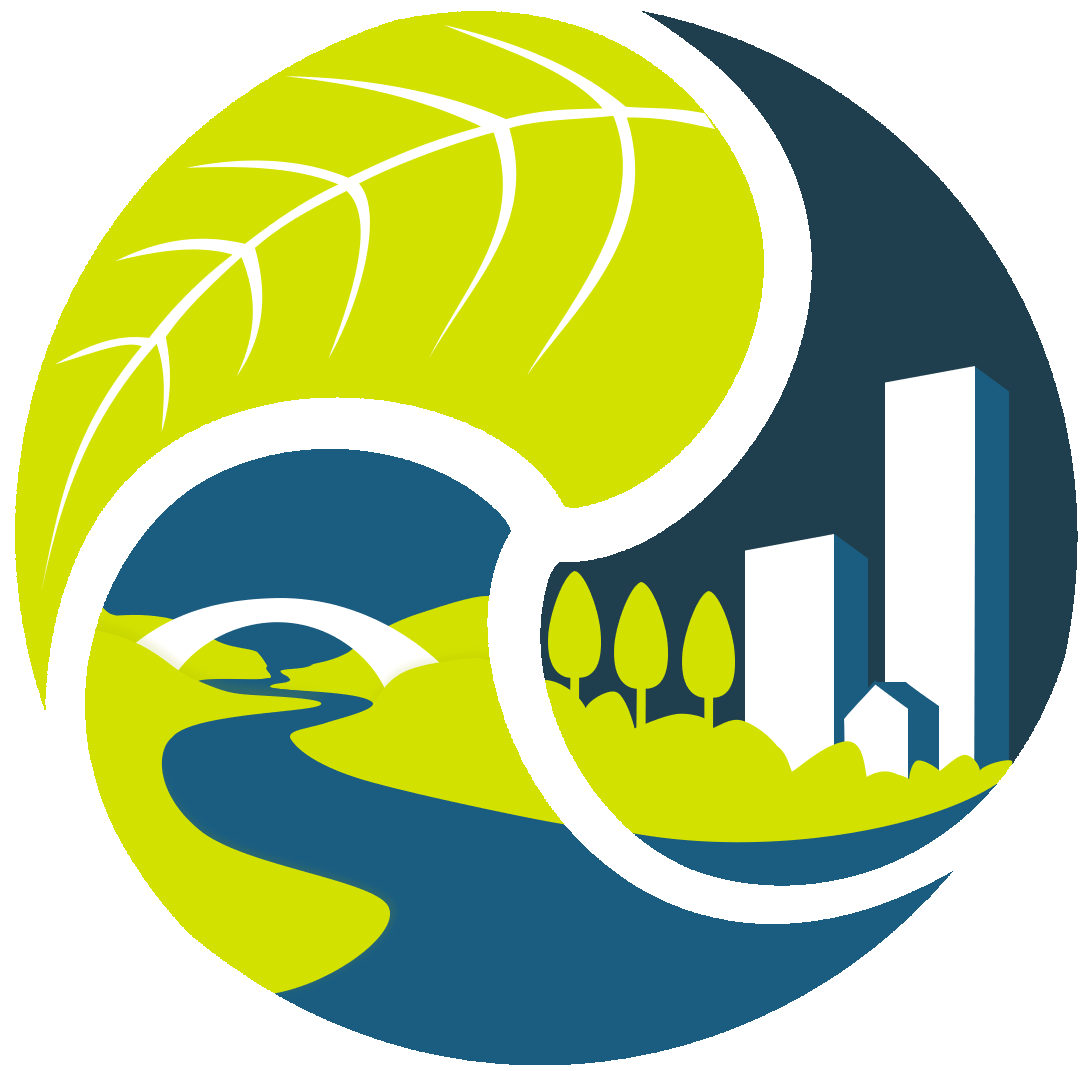Title of project
and project leader | Trainee(s) | Research question(s) |
InnovLocal
Reconciling the technical, socio-economic and environmental imperatives of an innovation project in the design of materials within an urban ecosystem.
CIRCULR Atelier's case Sophie Bollinger, BETA | Rémi Courteille, partie gestion Ghita Bensida, partie matérieux | How to reconcile the technical, socio-economic and environmental imperatives of an innovation project in the design of materials within an urban ecosystem? |
EDEN
Developments in the consideration of Sustainability by the ENtreprises of Alsace Nathalie Picard, Ioana Flipas Deniaud, BETA | Joseph Djafon | What influence is exerted by consumer pressure, national or international regulation, or different incentives; at what level of the company (employees, middle management, top management, executives) does sustainable awareness arise? To what extent do these influences or levels vary from one sector of activity to another, or according to the size of the company? |
The fate of micropollutants in agriculturally-impacted areas: How do the biogeochemical nitrogen and iron cycles impact the transformation of pesticides? Felix Kögler, ITES | Valerie Alvarez | How do the biogeochemical iron and nitrogen cycles affect the transformation of
selected micropollutants in wetland sediments? |
CLEAN-EXTRACT
Extraction of pesticides by deep eutectic solvents (DES) from complex environmental matrices. Christophe MARCIC, ITES | Katarina TOMASEVIC | Extraction of pesticides with deep eutectic solvents (DES) from complex environmental and food matrices |
Projet Trajectoires
Development of a methodology to help change agricultural practices in order to preserve water quality and quantity in socio-hydrosystems based on environmental foresight and the use of distributed conceptual models. Sylvain Payraudeau, ITES ; Rémi Barbier, GESTE | Gaétan PENIN, Université Paris Nanterre en SHS Ikrame BOUTIRAME, Université de Metz | Master course in SHS: What is the coherence of the co-constructed scenarios according to the hypotheses on which they are based and the local, national and global evolutions necessary or desirable to make them plausible? Master's course in Geosciences: - What is the feasibility of transposing scenarios into parameter sets for agro-hydrological conceptual models?
- How to discriminate and prioritise the co-constructed scenarios on the basis of indicators of resilience of the modelled agrosystem?
|
Re-Nutri-Mon-Sol
Study of the reactivity of nutrients and organic matter in forest soils. Experimental approach in columns. Marie-Claire Pierret ; Emilie Beaulieu, ITES | Adrien Saphy, master 2 ISIE à Strasbourg | The aim of the project is to quantify and predict the dynamics of carbon and nutrients (Ca, Mg, K) in forest ecosystems in temperate to boreal climates. |

